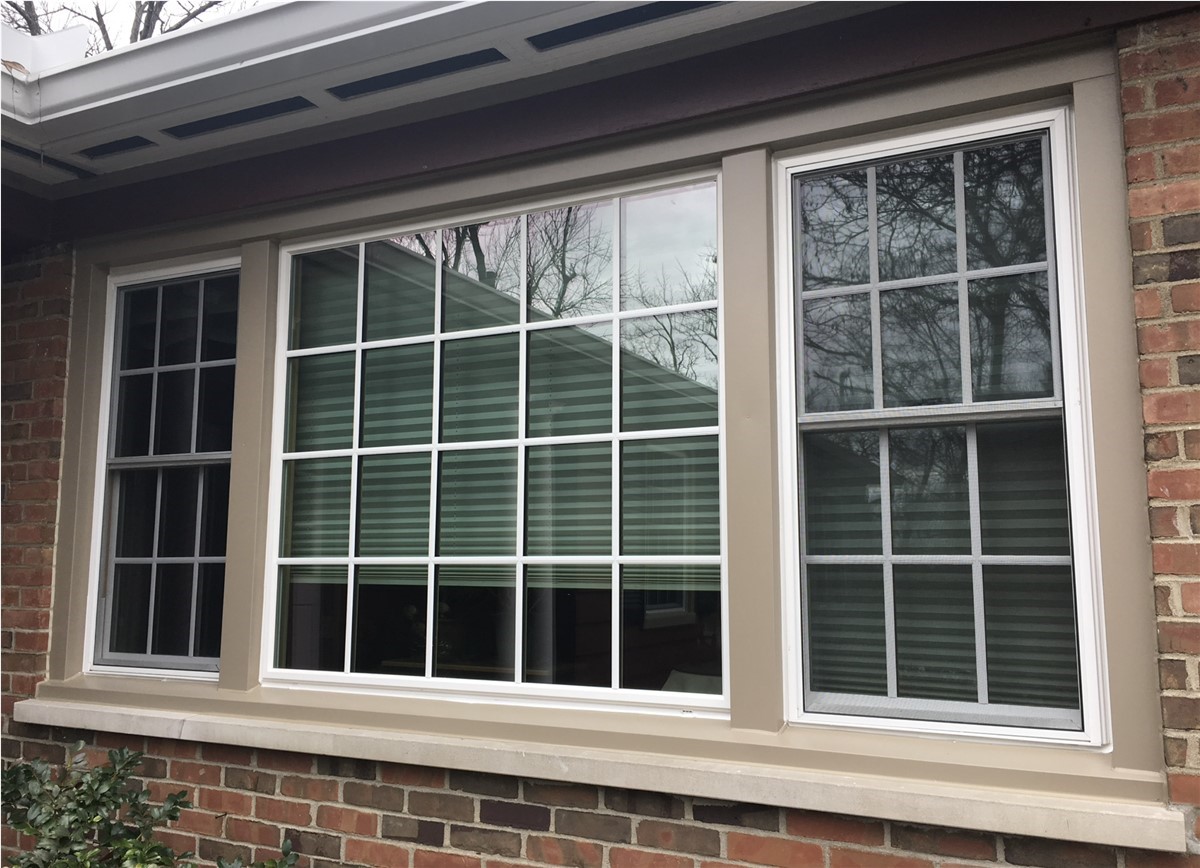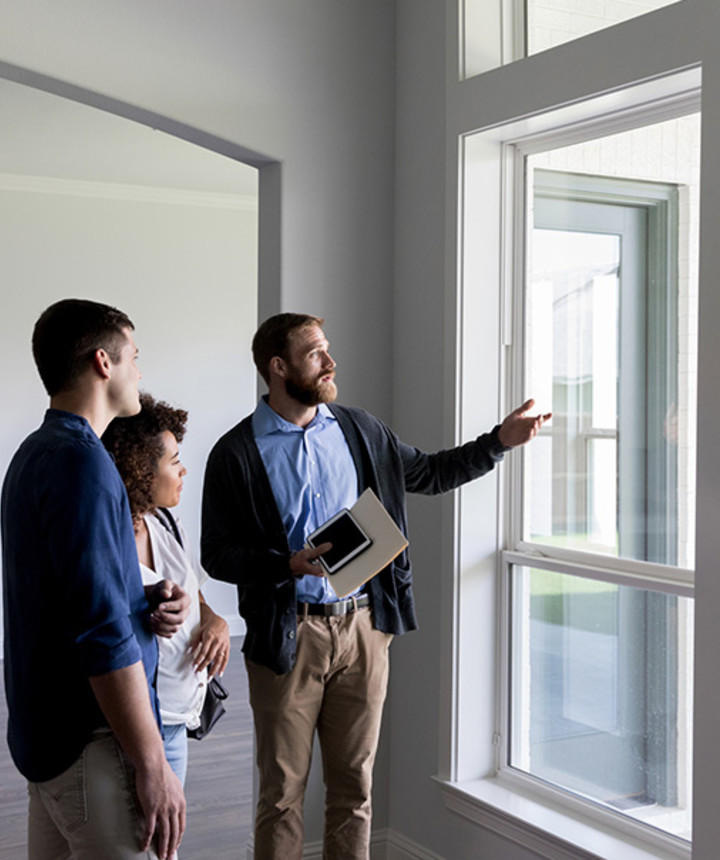Upgrade Your Home With Energy-Efficient Window Substitutes
In the realm of home enhancement, the decision to update to energy-efficient home window substitutes can substantially affect both the performance and aesthetic appeals of a house. Beyond the surface area level of plain visual appeals, energy-efficient home windows provide a multitude of benefits that go past simple curb allure.
Advantages of Energy-Efficient Windows

The installment of energy-efficient windows supplies substantial cost savings on energy expenses while enhancing ecological sustainability. In addition, energy-efficient windows can aid control wetness levels within the home, reducing the threat of mold and mildew and mold development.
Past the financial advantages, energy-efficient windows add to ecological sustainability by decreasing carbon emissions linked with power manufacturing. On the whole, spending in energy-efficient windows not only boosts the convenience and performance of a home however likewise lines up with environmentally conscious practices.
Sorts Of Energy-Efficient Glass
Numerous innovative kinds of energy-efficient glass offer distinct residential or commercial properties that accommodate different needs and preferences in improving the sustainability and performance of buildings. Low-emissivity (Low-E) glass is a preferred option made to reduce the quantity of ultraviolet and infrared light that can go through the glass, consequently decreasing warmth transfer. This type of glass helps keep a consistent interior temperature level, lowering the demand for home heating or cooling systems, and inevitably decreasing power expenses. Another cutting-edge alternative is spectrally careful glass, which allows noticeable light to travel through while obstructing certain kinds of infrared radiation. This helps in keeping a comfortable interior atmosphere while minimizing warm gain. Triple-pane glass, including 3 layers of glass with protecting gas in between them, offers enhanced thermal insulation, making it extremely energy-efficient. In addition, self-cleaning glass with an unique layer that breaks down and loosens dirt when exposed to sunlight can lower upkeep demands and maintain home windows looking clean. Each kind of energy-efficient glass provides distinctive benefits, enabling house owners to pick one of the most ideal choice based on their specific requirements and goals.
Elements to Take Into Consideration When Choosing
When contemplating energy-efficient home window substitutes, it is imperative to very carefully examine specific elements that line up with your sustainability purposes and preferred energy cost savings. One vital aspect to take into consideration is the home window's power efficiency scores, such as the U-factor and Solar Warmth Gain Coefficient (SHGC) The U-factor actions how well the window insulates, with lower numbers showing better insulation, while the SHGC shows the window's capability to obstruct heat from sunlight. In addition, the window structure product plays a substantial duty in power effectiveness. Materials like fiberglass, vinyl, or timber with thermal breaks are superb options for decreasing heat transfer. Another essential factor to consider is the window style and orientation concerning sunshine direct exposure. Selecting the right home window design and strategically positioning them can take full advantage of all-natural light while here are the findings lessening heat gain or loss. Lastly, installment high quality is key to making certain the home windows perform as intended. Appropriate setup assists protect against air leakage, ensuring optimum power effectiveness. By carefully examining these factors, you can pick energy-efficient windows that improve comfort, lower energy prices, and benefit the setting.
Setup and Upkeep Tips

Regular maintenance is vital to maintaining the effectiveness of your energy-efficient windows. Check the home windows periodically for any kind of signs of wear, sealer, or damage damage. Tidy the frameworks, tracks, and glass consistently making use of moderate soap and water to eliminate dirt and grime that can influence efficiency. Examine the weather-stripping and seals for any type of rips or voids and change them if required to preserve the windows' energy efficiency.
On top of that, oil moving components such as hinges and locks to make certain smooth operation. By adhering to these setup and upkeep suggestions, you can boost the energy performance of your home and extend the lifespan of your energy-efficient home windows.
Cost-Benefit Evaluation of Updating

Energy-efficient home windows are developed to minimize heat transfer, lowering the need for home heating and cooling down systems to burn the midnight oil. This can lead to significant cost savings on energy expenses, specifically in regions with extreme temperatures. In addition, energy-efficient find more windows can enhance the total value of your home, making it more eye-catching to prospective buyers if you determine to offer in the future.
When calculating the cost-benefit evaluation, consider the prospective cost savings on power weblink costs, any type of offered incentives or discounts, and the life-span of the windows. While the initial price may be higher, the long-term cost savings and benefits of energy-efficient windows make them a smart investment for homeowners wanting to improve their home's energy efficiency and worth.

Verdict
In final thought, updating to energy-efficient home window replacements uses numerous benefits such as lowered energy intake, enhanced comfort, and price savings. By choosing the ideal type of energy-efficient glass and thinking about variables like framework material and installment, property owners can take full advantage of the efficiency of their windows. Routine upkeep and proper setup are crucial for long-term performance. On the whole, the cost-benefit analysis of upgrading to energy-efficient home windows reveals that the initial investment can bring about substantial savings in the long run.
When considering energy-efficient home window replacements, it is critical to meticulously analyze certain elements that straighten with your sustainability purposes and wanted energy savings. The U-factor steps exactly how well the home window protects, with lower numbers suggesting far better insulation, while the SHGC shows the home window's ability to block heat from sunlight. By very carefully reviewing these aspects, you can choose energy-efficient windows that boost comfort, decrease power expenses, and benefit the setting.
While energy-efficient windows may have a greater in advance expense contrasted to typical home windows, the long-lasting benefits typically outweigh the first financial investment.In verdict, upgrading to energy-efficient home window substitutes uses numerous advantages such as minimized energy intake, boosted convenience, and cost financial savings.